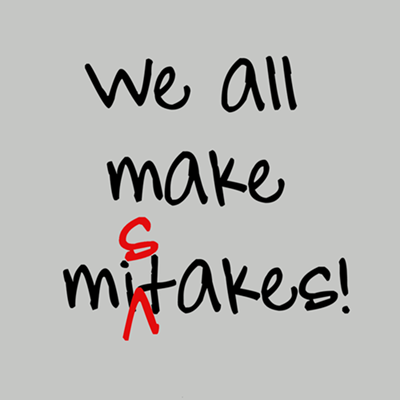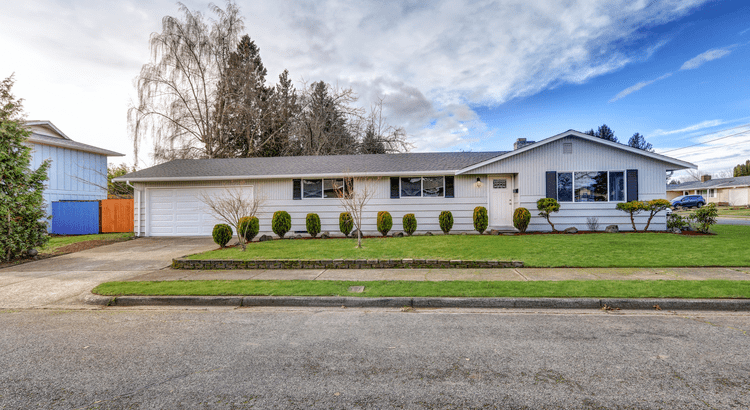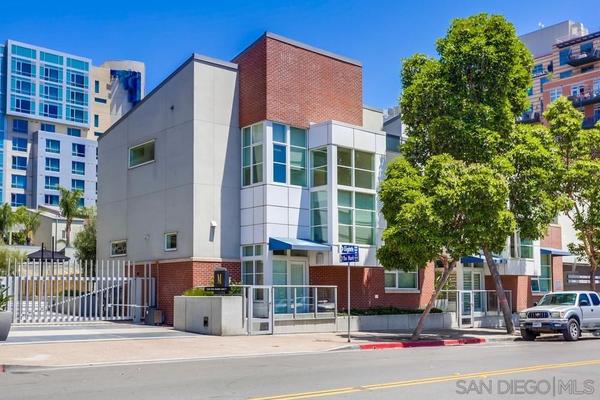
Why a Vacation Home Is the Ultimate Summer Upgrade
Summer is officially here and that means it’s the perfect time to start planning where you want to vacation and unwind this season. If you’re excited about getting away and having some fun in the sun, it might make sense to consider if owning your own vacation home is right for you.An Ameriprise Fin

Seaport San Diego Hosting Family Event for Input on New Parks, Open Spaces
A rendering of the Seaport San Diego Urban Beach. Photo credit: Courtesy, Seaport San Diego and OJB Seaport San Diego Parks for All will host a free event Saturday to gather input on the future of parks and open spaces within the Central Embarcadero on the downtown waterfront. The developer, Seaport

MLS PIN urges Nosalek judge to approve settlement agreement
In a legal brief filed on Monday, MLS Property Information Network (MLS PIN) made it clear that it does not agree with the Department of Justice‘s position on the banning of cooperative compensation, as outlined in the DOJ’s statement of interest in the Nosalek commission lawsuit.The DOJ became invo
Categories
- All Blogs (47)
- Advertising (3)
- AI (1)
- Apartments (1)
- Buying (16)
- Compensation (1)
- Condo (1)
- Construction (1)
- Development (1)
- Dining (1)
- DOJ (1)
- Downtown San Diego (2)
- Escrow (1)
- Expired (1)
- Fees (5)
- Food (1)
- Home Projects (1)
- Housing Market (15)
- Infographics (1)
- Inventory (7)
- Investment (1)
- Listing (2)
- Little Italy (1)
- Marketing (4)
- Mortgage Rates (9)
- National Association of Realtors® (NAR) (3)
- Negotiation (4)
- Ocean Beach (1)
- Podcast (1)
- Price (14)
- REALTOR® (5)
- Restaurants (1)
- San Diego (1)
- Seaport San Diego (1)
- Seaport Village (1)
- Second Home (1)
- Selling (21)
- Showing (2)
- Statistics (1)
- Technology (1)
- VA Loans (2)
- Website (1)
- Zillow (1)
Recent Posts










